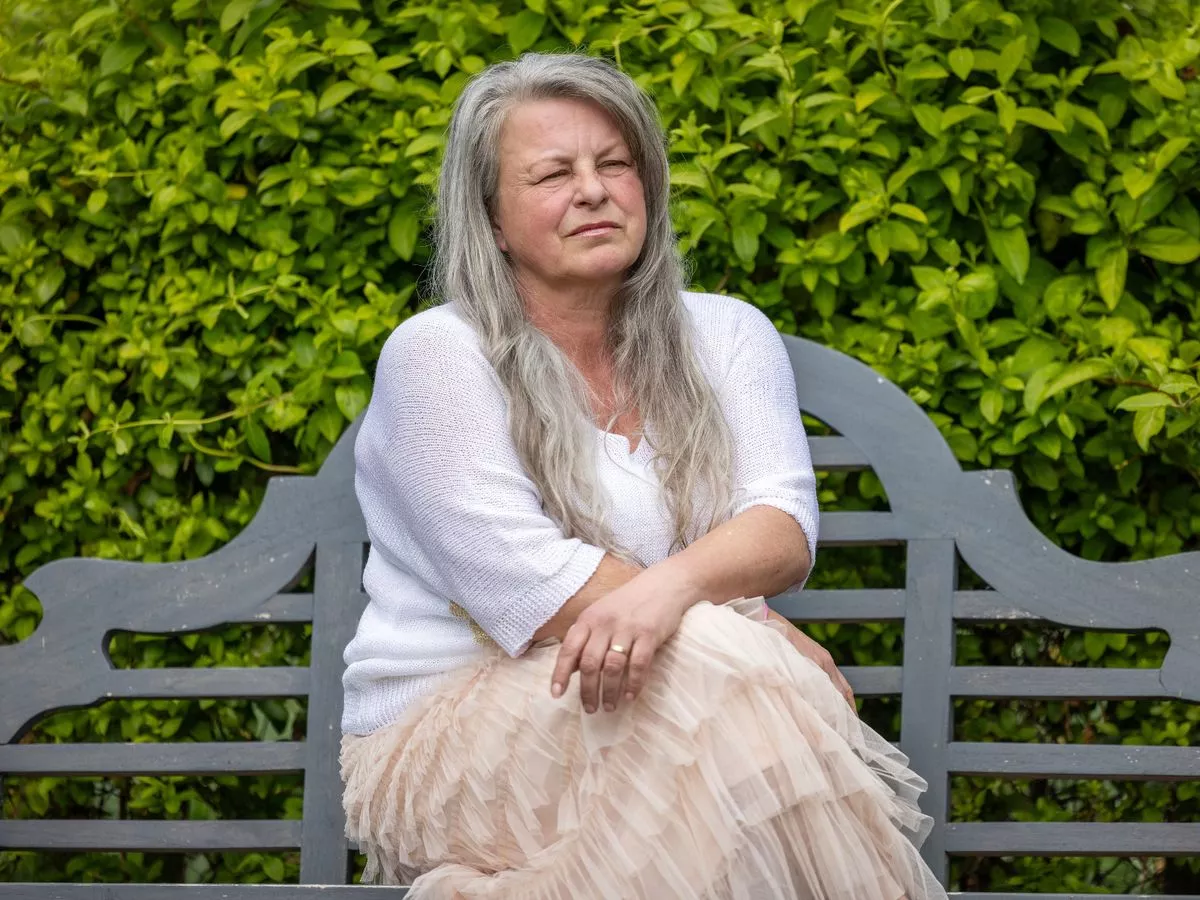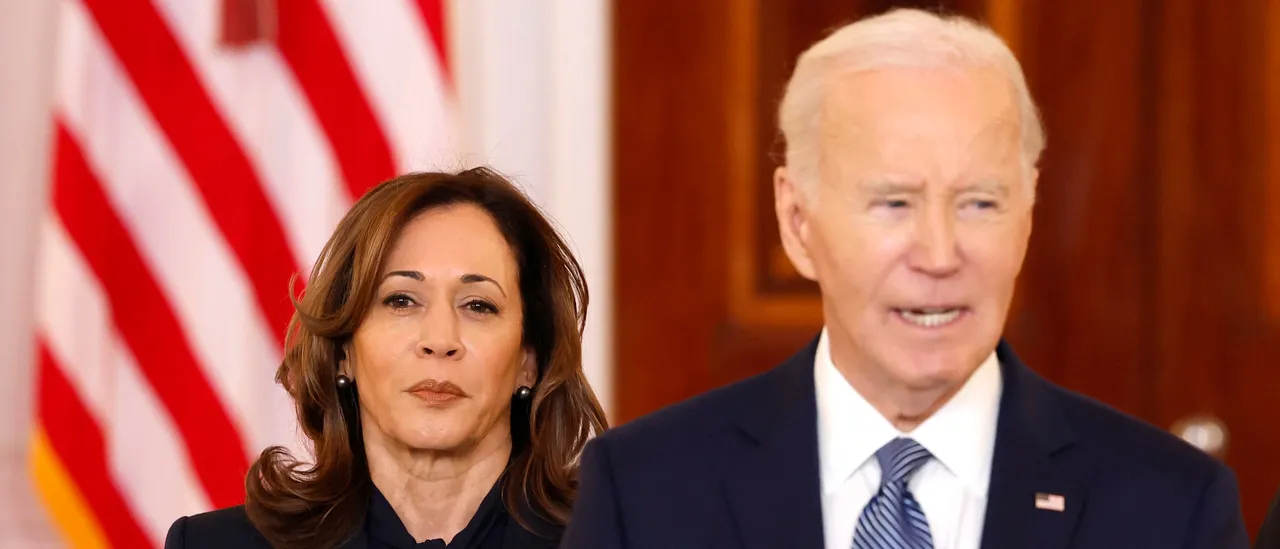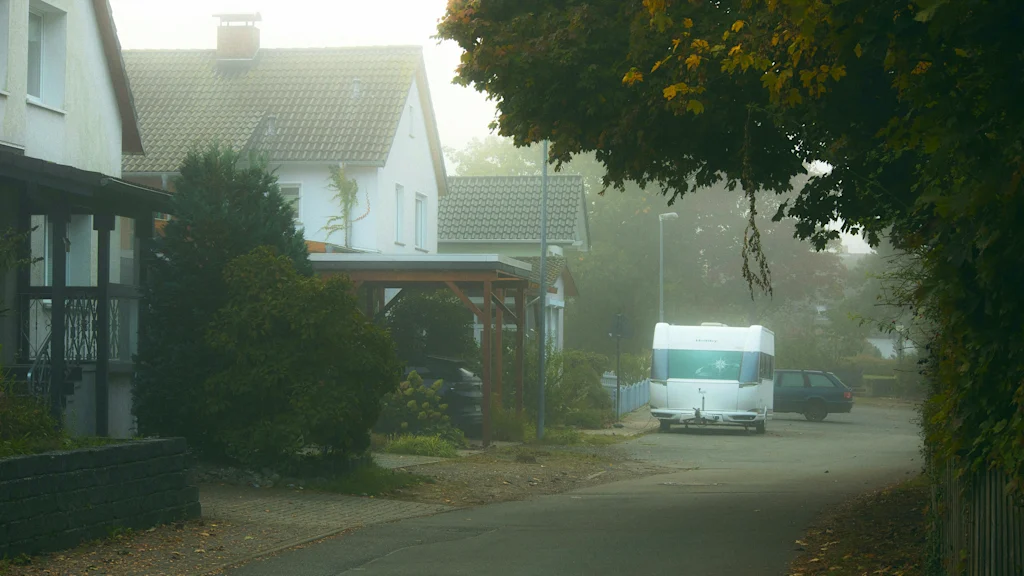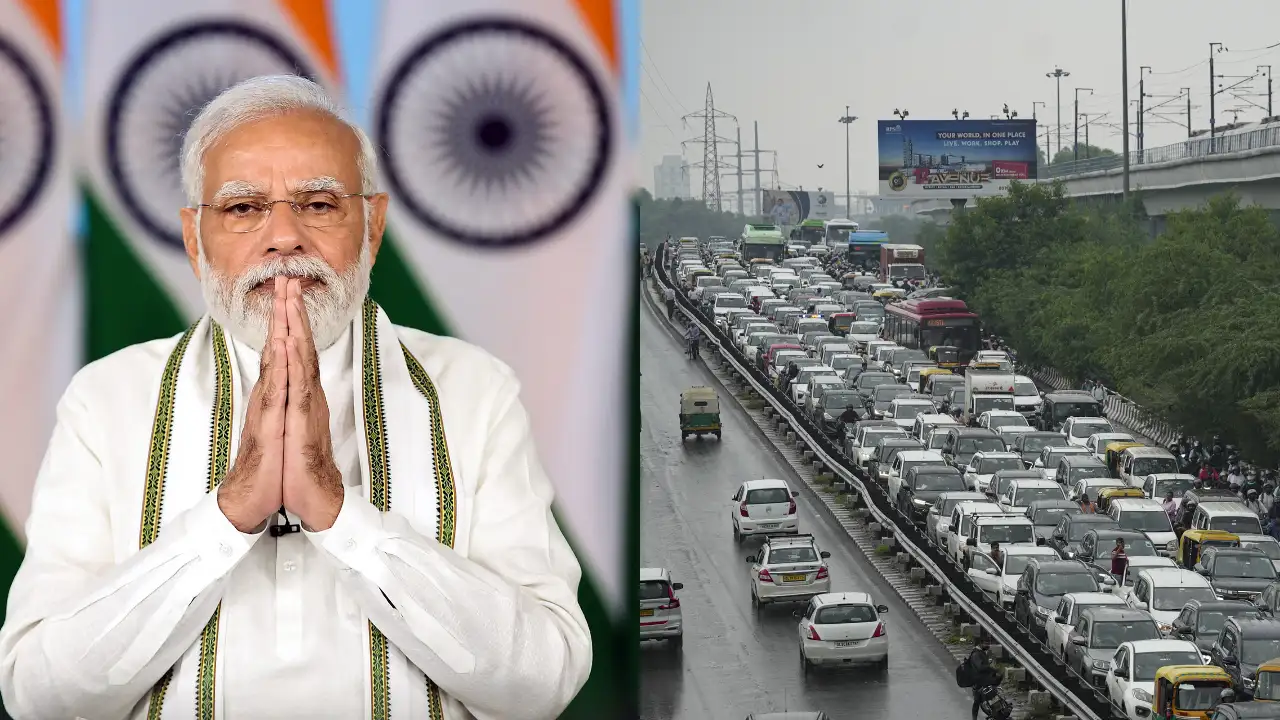By Lucy Thornton
Copyright mirror

The widow of a man who took his own life in Dignitas has written an open letter to the House of Lords pleading with them to “show compassion.” Bereaved families will gather outside the Lords on Friday as they prepare for the historic Second Reading of the Assisted Dying Bill . Louise Shackleton, 58, from North Yorkshire, will be among those hoping the Lords don’t block the proposals. She said: “Friday is a monumental day for the fabric of England and Wales’ society. This is about helping people who only have uncertain deaths to look forward to. “Do we not owe our loved ones comfort in knowing that they have the choice to end pain and suffering on their terms when they wish to do so? The eyes of the world will be looking at the Lords. “The British public, who probably aren’t aware of the role of the House of Lords, will be looking at their part in history and their mindfulness of society’s wishes and feelings, as 75 per cent of the community wish for choice.” The draft law that would legalise assisted dying in some circumstances in England and Wales has cleared all of its initial stages in the House of Commons . It now has to go through all the stages it went through in the Commons in the House of Lords. MPs will still get a final say and look at any changes suggested by peers. This is when the bill will officially become law – unless it runs out of Parliamentary time or peers opposed to it find a way of blocking it. Louise is joining other families outside the Lords as the debate continues inside. She is being investigated by police after going with her husband Anthony, 59, to Dignitas in Switzerland last December. Her husband, who was suffering from motor neurone disease, had decided to take his own life at Dignitas and Louise explained how she’d reluctantly agreed to travel with him. She described how she could not bear to watch him take the fatal drug but held him in her arms as he passed, which she described as “beautiful”. Since his death the grieving widow has been supporting the Assisted Dying Bill. In her open letter she wrote: “Dear members of the House of Lords. My husband Antony had a dreadful terminal illness that was slowly destroying his body whilst his mind was as sharp as yours and mine. Antony was losing the ability to do all the things that gave him joy. The only light in his life was his family, especially his grandchildren, who had no idea he was terminally ill. “Antony had a slow ending to look forward to, lying in a bed, paralysed with no ability to even move his head, to be ventilated, fed through a tube in his stomach. A cruel end to a fantastic life. Therefore, he chose to end his suffering in the compassionate care of Dignitas in Switzerland, as many do. “As our current law criminalises assisting someone to die, Antony had to travel abroad for an assisted death while he was still physically able to do so. This meant he had to end his life far earlier than he wanted to. He should still be with me now. “Despite the difficult journey and cutting his life short, Antony was lucky; he had the money to choose to end his suffering, and he had the choice. Not everyone does. Why should only the wealthier people, the people physically able to travel abroad, get the right to die in dignity? “You have the power to enable our society to have that choice; you have the power to show compassion. Antony didn’t want to die. No one wants to die. But no one wants to suffer a painful death. Give society the choice to have their loved ones around them, to say a peaceful goodbye, not to die in fear and pain. “You have the power and the Terminally Ill Adults Bill is a gift you can give to dying people. The terminally ill are on a journey that only promises death, but this Bill gives them the power to avoid pain and suffering and choose how their journey will end.“ And campaign group Dignity in Dying said: “On Friday 12th September, as the Assisted Dying Bill faces its historic Second Reading in the House of Lords, dying people and bereaved families will gather in Parliament Square to remind Peers what is truly at stake: compassion, dignity, and choice at the end of life. “Dying people and bereaved families will stand shoulder to shoulder – holding the faces and stories of loved ones – to bring the debate back to its human core. “Behind every photo is someone who suffered without choice, someone who died far from home, or someone who took matters into their own hands to control their death, alone and in secret.“ A statement from the group continued “this moment is unprecedented”. It added: “No assisted dying bill has ever come this far in Westminster. “After clearing the Commons with the backing of a majority of MPs, and with the support of 75% of the public, growing numbers of healthcare professionals, and now parliamentarians, the momentum for change has never been stronger. “ “Friday marks a defining moment at Westminster – one that could finally bring the law closer to the compassion and choice that the public has long called for.“ Meanwhile, chief executive of Care Not Killing, Dr Gordon Macdonald, an alliance that opposes to assisted suicide, said “There are lots of people who every day face death and/or face the death of relatives in hospices and hospitals around the UK. “And so we do need to look at how we help people have peaceful and dignified deaths but the way to do that is by properly funding palliative care in this country at the moment a third of palliative care funding comes from the NHS . A quarter of the people with cancer don’t get the palliative care they need. “



